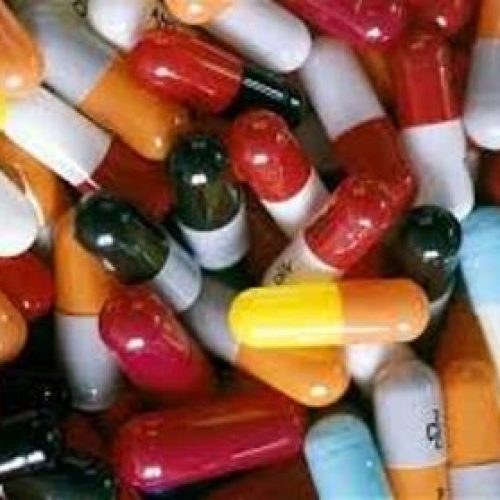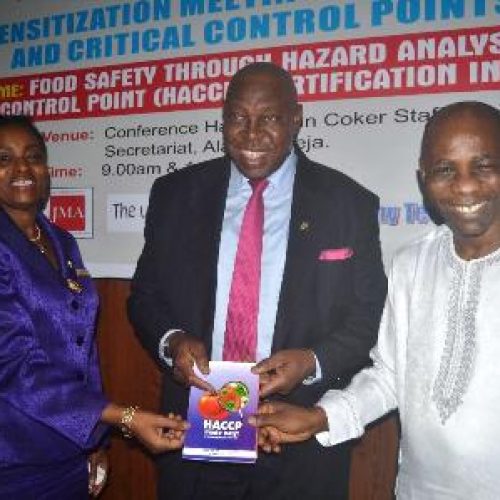Sanitation: UNICEF holds crucial meeting with market players in West, Central Africa
ABUJA – The United Nations Children Fund (UNICEF) is currently meeting key market players in sanitation across West and Central Africa in Abuja.
The meeting aims to promote access to sanitation commodities across the region.
The meeting also has government and other partners from the region in attendance, according to a release made available to Nigeria Health Online by Nigerian office of UNICEF on Wednesday.
It is part of efforts to support 250 million people globally to abandon open defecation and 60 million to gain access to at least basic sanitation services by 2021.
UNICEF says the level of open defecation in West and Central Africa accounts for 14 per cent of the global open defecation rate.
The organization notes that in Nigeria alone, 46.5 million people practice open defecation, making it the second highest ranked country in the world.
It adds that between 2008 and 2017, the creation of sanitation demand through Community Approaches for Total Sanitation in West and Central Africa has led to an increase of almost 25 million people living in open defecation-free communities.
“Despite this recent success, the current rate of progress is insufficient to eliminate open defecation by 2030,” says Marie-Pierre Poirier, UNICEF’s Regional Director for West and Central Africa.
“While UNICEF will continue to rely on proven strategies, new accelerators are needed to support local markets to deliver sustainable sanitation solutions at scale. Following the rise in demand for toilets, we will work with countries to enhance the engagement of the private sector to provide adequate and affordable sanitation products and services, including in isolated, often underserved rural areas,” Poitier added.
In the first of a series of regional sanitation industry consultations, the event in Abuja will convene product manufacturers, service providers, government officials, financial institutions and development partners to share information, discuss market challenges, communicate perspectives and identify strategic steps to strengthen local markets in West and Central Africa and specifically in Nigeria, Ivory Coast and Ghana, notes the organization.
Similar consultations in other regions such as Eastern and Southern Africa, Southern Asia and Eastern Asia and the Pacific are also in the pipeline, according to the release.
“UNICEF is a key market influencer for solutions that improve the lives of children and their families. As the world’s leading organization for children and the largest procurement agency in the United Nations, UNICEF has a long history of influencing markets and driving product innovation that has increased children’s access to essential commodities.
One of the key approaches in the UNICEF global strategy for water, sanitation and hygiene is to build sustainable markets for goods and services where supply meets demand,” the release states.
UNICEF’s Supply Director, Etleva Kadilli is quoted as saying” There is a need for governments and development partners to work in partnership with global and local businesses to ensure that appropriate solutions are available and affordable to those who need them.”
This consultation, UNICEF says, is an important signal that solutions are urgently needed to achieve targets set In the Sustainable Development Goals. Currently, 2.4 billion people worldwide do not use improved sanitation.
“As a key custodian of SDG 6.2, UNICEF works to achieve equitable access to adequate sanitation and hygiene for all and to end open defecation by 2030.
” Open defecation is a life-threatening practice, as contact with human waste can lead to diseases such as cholera, typhoid, hepatitis, polio and diarrhea. Inadequate or non-existent sanitation causes tremendous harm. Every day, 700 children under five die from diarrhea-related diseases,” says the release.





0 Comments
No Comments Yet!
You can be first to comment this post!